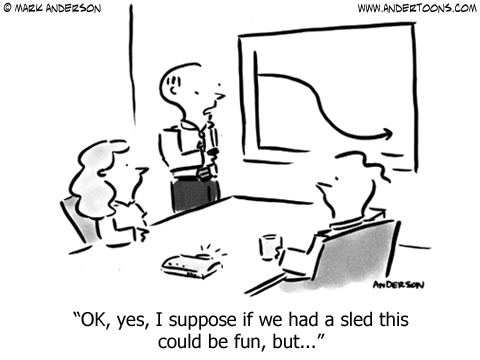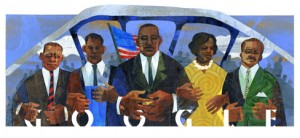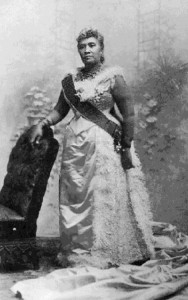I’ve two quick remarks about last night’s Council session.
On an appointment to the Third District seat until April, I’d say Brienne Diebolt-Brown was a solid choice. Three residents were willing to be appointed, two of whom (Ken Kienbaum, Christopher Grady) are running in the spring general election.
Ms. Diebolt-Brown doesn’t plan to run in the contested election. In any event, she’s more than qualified to represent the district. Best wishes to her during her term.
On the Complete Streets initiative, having passed last night, I’d say that the result was both positive and interesting. (I supported the initiative. See, from FW, In Support of the Complete Streets Initiative for Whitewater.)
Interesting is important, too: several residents spoke for, or against, the proposal, and their arguments are worth considering in detail. After Whitewater Community Television posts the video online, I will offer readers a look at some segments from the discussion, along with analysis.
It’s useful to show some of those speaking as they spoke, in their own words and in their own manner.
One last thing, so that I may be very clear — it’s not a man or woman, but a man or woman offering an argument over a proposal, that should govern policy, and make the difference.
Old Whitewater is infected with DYKWIA. Needless to say, I don’t care about status or entitlement, but rather about the quality of argument a man or woman makes.
(That’s not putting it so plainly as I might when expressing myself directly, but one sees my meaning.)
It’s what one advocates that interests me.
There were, to be sure, interesting arguments in this discussion, worth considering.
More on that soon.



